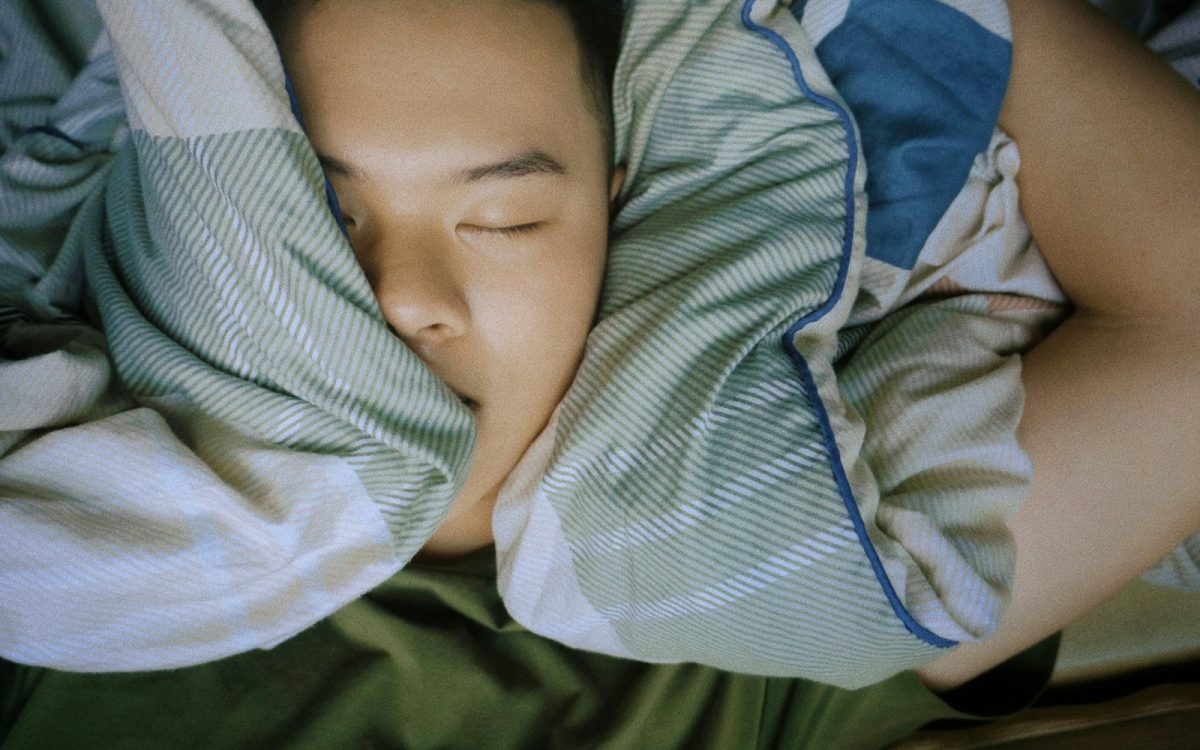What to Expect from a CPAP Machine: A Beginner’s Guide
Meta Description: Discover what to expect from a CPAP machine, how it works, and how it can improve your sleep apnea symptoms and quality of life.
If you’ve recently been diagnosed with sleep apnea, your doctor may recommend a CPAP machine. You might be wondering: What should I expect from a CPAP machine? In this article, we’ll break down what a CPAP machine is, how it works, what the first few nights feel like, and how to make the most of your therapy. By the end, you’ll have a clear understanding of how CPAP treatment can improve your sleep and overall health.
What Is a CPAP Machine?
A CPAP (Continuous Positive Airway Pressure) machine is a medical device used to treat obstructive sleep apnea (OSA). It keeps your airway open during sleep by delivering a steady stream of pressurized air through a mask. This prevents interrupted breathing patterns that characterize sleep apnea and helps you enjoy a restful, uninterrupted night’s sleep.
Main Components of a CPAP Machine
- Motor: Draws in room air, compresses it and provides continuous air pressure.
- Mask: Worn over the nose or nose and mouth to deliver pressurized air.
- Tubing: Connects the machine to the mask.
- Humidifier (optional): Adds moisture to the air to prevent dryness.
Understanding these basic parts is essential to knowing what to expect from a CPAP machine and how to make using it a part of your nightly routine.
What to Expect from a CPAP Machine the First Night
Your first night using a CPAP machine can feel different. It’s not uncommon for new users to need a few days or even weeks to fully adjust. Here’s what you can expect initially:
- Unfamiliar Sensation: The airflow might feel awkward at first, especially if you’re not used to breathing against pressure.
- Dryness or Congestion: Nasal dryness or post-nasal drip can occur; using a heated humidifier can help.
- Mask Discomfort: You may feel pressure or discomfort from the mask until you find the right fit and style.
- Noise Sensitivity: CPAP units are generally quiet, but light sleepers may notice the sound initially.
Tips to Ease the Transition
- Wear your mask while awake to get used to the sensation.
- Practice relaxation techniques before bed.
- Ensure a proper mask fit to avoid air leaks and discomfort.
- Gradually increase usage time each night.
Patience is key. Remember, getting used to your CPAP machine is a process — but it’s well worth the adjustment.
Benefits You Can Expect from a CPAP Machine
Once you’ve adapted to nightly use, the benefits of a CPAP machine can be life-changing:
- Improved Sleep Quality: CPAP therapy reduces apnea episodes and increases periods of deep sleep.
- Increased Daytime Energy: Better sleep translates into more alertness and less fatigue during the day.
- Reduced Health Risks: Effective CPAP use lowers the risk of high blood pressure, stroke, and heart disease.
- Improved Mood and Cognitive Function: Users report fewer mood swings and better concentration.
- Decreased Snoring: CPAP machines drastically reduce or eliminate snoring, benefiting both you and your partner.
These long-term outcomes demonstrate why consistent use of your CPAP machine is crucial to getting the full value from your sleep apnea treatment.
Common Challenges and How to Overcome Them
While the rewards are great, some users face hurdles in their CPAP therapy journey. Here’s how to deal with the most common issues:
Mask Fit Issues
Masks come in various sizes and styles—nasal, full-face, and nasal pillow. Try different types to find the most comfortable option. A properly fitting mask prevents leaks and pressure sores.
Dry Mouth or Nose
If you wake up with a dry mouth or nose, use a humidifier or a heated tube. Chin straps can also help keep your mouth closed during sleep if you’re a mouth breather.
Feeling Claustrophobic
Try wearing the mask during the day while reading or watching TV to get accustomed without the pressure to fall asleep. Gradual exposure builds comfort and reduces anxiety.
Equipment Maintenance
Knowing what to expect from a CPAP machine also means understanding how to maintain it:
- Clean the mask, tubing, and water chamber weekly using mild soap and water.
- Replace filters monthly or as needed.
- Change masks and tubing every 3–6 months, depending on usage and wear.
When to See Your Doctor
If you notice any of the following, contact your healthcare provider or sleep specialist:
- You’re still experiencing daytime drowsiness after several weeks of use
- Discomfort or pain from the mask or air pressure
- You suspect your device settings are incorrect
- You develop skin irritation or frequent infections
CPAP therapy is not one-size-fits-all, and it may require some tweaking with the help of your care team.
Final Thoughts on What to Expect from a CPAP Machine
Adopting a CPAP machine into your nightly routine might feel overwhelming at first, but the health benefits are profound and lasting. By knowing what to expect from a CPAP machine—including potential challenges and how to overcome them—you’ll be better prepared for a smoother transition into consistent, restorative sleep.
Stick with your therapy, give yourself grace during the adjustment period, and don’t hesitate to ask for support from healthcare professionals and CPAP user communities. Restful, healthy sleep is within your reach.
Frequently Asked Questions
Can I travel with my CPAP machine?
Yes, most modern CPAP machines are designed to be portable and come with travel-friendly cases. Some models are FAA-approved for in-flight use.
How soon will I feel better using CPAP therapy?
Some people notice improvements within the first week, while others may need several weeks to experience the full benefits. Consistency is key.
Is CPAP therapy forever?
Usually, yes. Sleep apnea is a chronic condition, and CPAP therapy is often a lifelong commitment. However, lifestyle changes such as weight loss may reduce the severity of OSA.
What if I cannot tolerate CPAP therapy?
If CPAP doesn’t work for you, other options like BiPAP machines, oral appliances, or surgical interventions exist. Talk to your doctor about alternatives.
—
Ready to take the next step? Check with your doctor or medical supplier to find a CPAP machine that fits your needs — and start sleeping better tonight.





